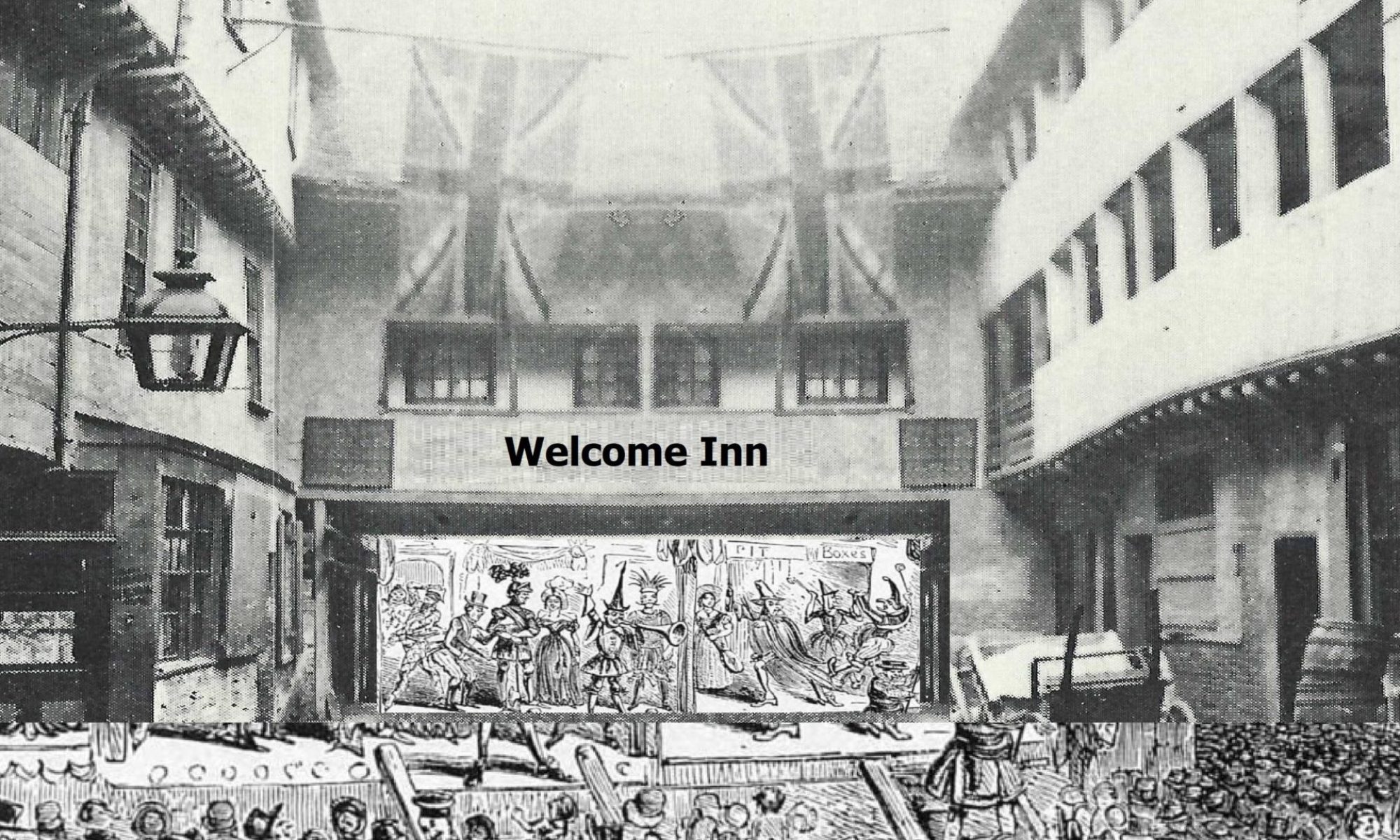
(Holding Article) Think of a favorite lullaby or children’s song passed down through the generations, or of crowds listening to the national anthem at a baseball game. Music is one way of communicating belonging, which may increase your sense of safety and obligation toward your group.
When we discover that someone likes a piece of music that we like, we tend to think better of them—as if musical preference had a deeper meaning than just entertainment. In fact, studies have shown that people affiliate musical taste with holding certain values, and that this assumed connection between music and values influences how much we think we’ll like someone based on their musical tastes.
Music also influences how we think others will get along. In one recent study, participants listened to music or to silence while they watched videotapes in which three people were seen walking either in step or out of step with one another. When asked to rate levels of rapport and sense of unity among the three walkers in both conditions, the participants who listened to music perceived a greater rapport and unity among the walkers than those participants who didn’t listen to music. This suggests that music somehow strengthens our perception of social cohesion among people, perhaps through mistaking our own feelings for those of the people we observe.
Studies find that social cohesion is higher within families and among peer groups when young people listen to music with their family members or peers, respectively. This effect is true even in cultures where interdependence is less valued, pointing to music’s potential to act as “social glue” that binds people together.
Of course, sometimes these effects can backfire. For example, some have argued that music—specifically the music of Wagner in early 20th Century Germany—played a role in Hitler’s propaganda machine, uniting people emotionally for a hideous political agenda. This reveals the degree to which human bonding can sometimes result in exclusion or even aggression toward out-groups—a tendency that we must continually guard against.
In fact, music works a lot like language does—except instead of words and ideas, emotions and intent are communicated. In this way, music, like language, can be passed on from generation to generation, creating a sense of continuity and loyalty to one’s tribe.
